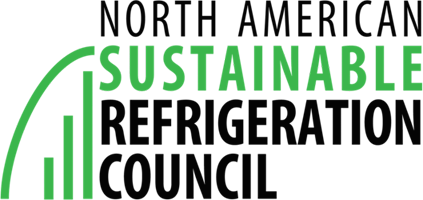Commercial refrigeration units are a business investment. Since these units cost thousands of dollars, keeping them in working order is a necessity to avoid costly and time-consuming replacements and new installations. In order to keep a commercial refrigerator running as it should, it’s important to implement regular maintenance. Many business owners can perform some of these tasks themselves, while others are more complicated and require the help of a professional.
In order to ensure a unit works as it should, it should be installed correctly and placed in such a way that any fans aren’t covered. Improper installation or placement can lead to failure, even with regular maintenance.
At least every three months, the unit should be visually inspected to see if there are any visible issues. Are there puddles of water inside or around the unit? Is there a buildup of ice, or is a fan not spinning properly? If so, any of these issues will need to be inspected by a professional. Read our previous post on how to choose the right refrigeration mechanic.
Other parts of the unit that should be inspected include the condenser coil and blades, as well as electrical wiring and components. All fans should be running and should not be obstructed. The refrigeration cycle should be checked to make sure that it is cycling as it should.
A commercial refrigeration professional will need to access, check, and clean the evaporator coil and the condenser coil and blades to ensure proper operation. During this cleaning and inspection process, potential issues may be identified before they become big problems.
Other aspects of the commercial refrigerator should also be checked to make sure everything is functioning properly. This includes the seals on the doors, which can lead to cooling loss and higher energy bills, and the suction accumulator if a unit is equipped with one.
Drain lines should also be inspected and cleared if a clog has been detected. If the line is leaking, a replacement or repair will be necessary. The oil in the unit should be checked and tested, if necessary, and the thermometer should be checked for accuracy. If the unit is low on refrigerant, this will need to be filled by a professional, and any leaks repaired.
The maintenance process can be a bit time-consuming and it may seem like an unnecessary expense several times a year. However, this is just a minor cost and inconvenience that adds to the longevity of a refrigeration unit. Units that are not properly maintained increases electrical consumption, may lead to failed components, and could significantly shorten the lifespan of the unit. By keeping a refrigeration unit well maintained, a business owner may potentially save thousands over the long-term in extensive repairs or full replacements.









